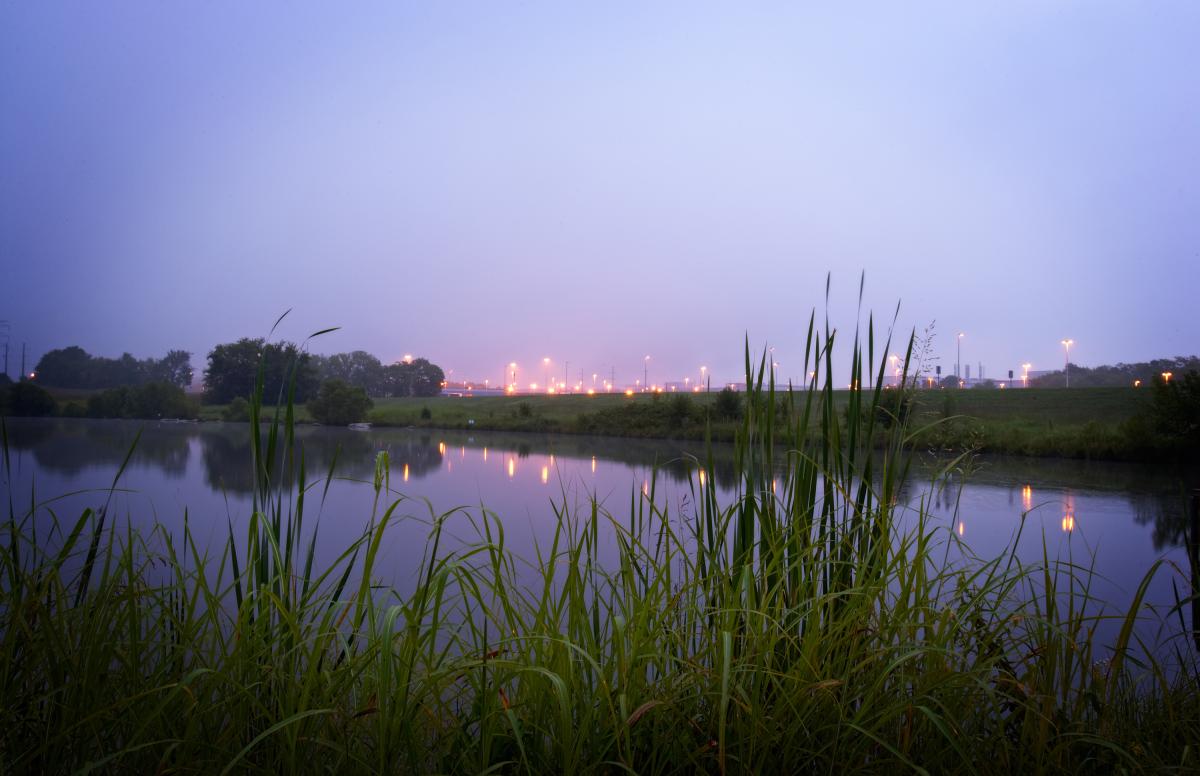Reflections on World Water Week
As the 24th annual World Water Week draws to a close, we take the opportunity to reflect on our own water conservation efforts.

Did you know that water scarcity is considered one of the top four global risks affecting our planet today?
Water stress – or a situation in which the demand for water exceeds the available amount – affects more than 1.2 billion people. The issue is expected to be more complex by 2025, and could affect an estimated two-thirds of the world’s population.
Every year, the Stockholm International Water Institute holds a week-long conference to address the wide range of issues affecting the world’s finite supply of water. Over 2500 delegates from over 200 organizations convene to exchange views, experiences and practices related to managing water from scientific, business and policy standpoints.
The 24th annual World Water Week conference concluded today, and this year’s theme was “energy and water.” Because GM uses a significant amount of water for manufacturing processes, this theme has called us to reflect on the ways we’re addressing water risk as well.
Holistically, we’ve set goals to reduce water by 15 percent by 2020 over a 2010 baseline. As of 2013, we’ve already achieved a 9 percent reduction, setting us well on the way to meet the 2020 goal.
Two of our facilities in Mexico and one in Egypt are among the top 10 lowest water per vehicle use facilities in the world. The water-stressed area of San Luis Potosi gave GM an opportunity to showcase innovative approaches to reducing, recycling and reusing water. By putting forth additional capital to reduce water consumption, GM installed a zero liquid discharge facility that has minimum impact on the aquifer.
Additionally, in 2013, our facility in Cairo had an increase in production but still managed to reduce its water use.
The increased production at these facilities have offered new jobs to people living in water-stressed areas, giving us a local connection that we’re proud of. But even in the areas where water is not at risk, we look for opportunities to engage communities on the importance of this precious resource.
Because GM shares water sources with local communities, they are viewed as important stakeholders. In North America, we have long-standing partnerships between our employees and local watershed groups and schools. These partnerships are focused on watershed education through GREEN (Global Rivers Environmental Education Network), which is now in its 25th year.
Pursuing Wildlife Habitat Certification at our manufacturing sites takes this a step further. Through watershed remediation, habitat restoration and ecosystem preservation, we have achieved 26 certified sites.
Being water-wise is about more than just turning off the water when it’s not in use or using less of it. Through innovative practices and continued dialogue we’re making water more accessible.

